3 Ways 'Social Media Distancing' Replenishes Scarce Leadership Resources
Are you walking the entrepreneurial tightrope of staying engaged without getting overwhelmed? Why one wise entrepreneur is practicing addition through subtraction.
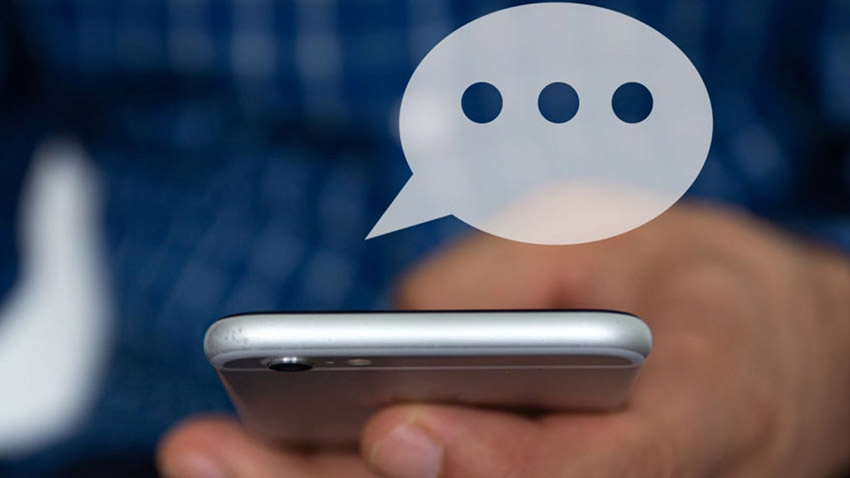
Photo Credit : Getty Images
Entrepreneurs don't like to admit we're feeling overwhelmed. People expect us to control the chaos, steer the ship, and stay on course. And not just with our teams. Our family, personal, and social lives end up with similar expectations. We walk the tightrope of being overwhelmed, personally and professionally, wearing it like a badge of honor but quietly feeling the burden.
An entrepreneur's most scarce resources are time, attention, and energy. Capital comes and goes. Talent ebbs and flows. Luck has highs and lows. But you can only be in so many places, focus on so many things, and process so much information. There's a fine line between challenged and overloaded, between engaged and overwhelmed. That's the tightrope.
I've known this for years. I've taught it to countless competitive, high-growth business leaders around the world. I'm one of those people too.
We like the tightrope. In many ways, we don't feel like ourselves unless we're on it. Learning to walk it with skill through different evolutions in our business and eras of our lives is the real trick. In early September 2020, I found myself wobbling on that tightrope.
Reallocate, Refresh and Reenergize
I wasn't losing work-life balance. I didn't have anxiety about performance. I wasn't stressed trying to be everything to everyone. As I reflected, a simple self-awareness rose to the surface: I was misallocating my most valuable personal resources. My time, attention, and energy were spread across too many things. I decided it was a good time to push reset. To reallocate, refresh, and reenergize.
So I made a simple decision of discipline: I completely removed social media from my life for the rest of 2020. Three months: October, November and December. I can't tweet this article out to my followers. If you share it on LinkedIn, I won't know. If you criticize me on Facebook, someone will see it--but I won't.
I call it "social-media distancing," and it gives me much more than six feet of separation.
Discipline means making choices to accomplish objectives at certain standards. I chose to step away for the rest of the year. My objective is to eliminate the overload of low-value information and invest my personal resources in more impactful areas. The standards I set are absolute: No posting. No opening. Total social media blackout until January 2021.
My social media accounts are not important to my life. They are, however, vital for our leadership training company. Turning off social media is not without business risk. Few things have been more critical to our brand's growth. Even with that targeted focus, social media platforms steal attention, consume time, and burn energy on things with little lasting value.
In the firestorm that is 2020, social media fuels the flames. It became increasingly impossible to ignore the stream of information trying to capture my attention and persuade me. Manipulative headlines. Deceptively edited quotes. Angry people. Toxic negativity.
Of course, there is good, too. I work hard to be a source of it and amplify it in others. The problem was wading through an ocean of negativity to find positive posts.
To be clear, social media platforms aren't bad or negative. People--not platforms--create the roiling hysteria and impulsive outrage.
3 Reasons for Social-Media Distancing
When it became clear that the opportunity cost to my time, attention and energy was too great, I started social-media distancing. Here's why:
Time allocation. It's not that investing in social media efforts wouldn't continue to bring value to our business. It would. I'm just exchanging it to invest in different areas.
Attention allocation. It's not that I can't choose to see the good. It's that I have to filter through too much negativity on the front-end.
Energy allocation. It's easier and better to step away entirely for a while than burn precious self-control trying to ignore what I see.
The Principle of Addition by Subtraction
The most valuable breakthroughs I've experienced started with removing something from my life. Rarely because of addition. Our media- and marketing-saturated society is anchored by a more, more, more mindset. Combine that with an entrepreneur's go, go, go mindset, and it can destabilize us.
I believe rich, reflective space is created by avoiding negativity, removing distractions, and eliminating noise. That's where the seeds of progress grow. But competitive entrepreneurs can struggle to get there. That's why so many massively productive people embrace the principle of addition by subtraction:
Steve Jobs drove it into Apple's culture: "It's only by saying 'No' that you can concentrate on the things that are really important."
Warren Buffett concurs: "The difference between successful people and really successful people is that really successful people say 'No' to almost everything."
Tom Hanks touched on this timeless truth: "Saying 'No' to something is actually much more powerful than saying 'Yes'."
The power of no is a real thing. Social-media distancing is just my thing. If you need to stabilize yourself on the tightrope, look to your time, attention, and energy. Identify and choose your thing.
-
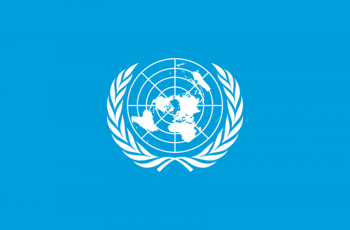
Asia hit hardest by climate and weather disasters last year, says UN
2024-04-23 -
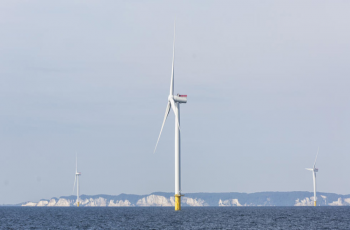
Denmark launches its biggest offshore wind farm tender
2024-04-22 -

Nobel laureate urges Iranians to protest 'war against women'
2024-04-22 -

'Human-induced' climate change behind deadly Sahel heatwave: study
2024-04-21 -

Moldovan youth is more than ready to join the EU
2024-04-18 -
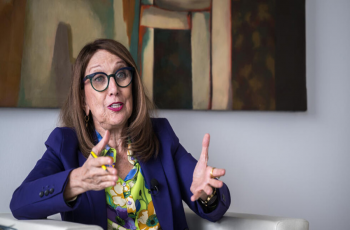
UN says solutions exist to rapidly ease debt burden of poor nations
2024-04-18 -
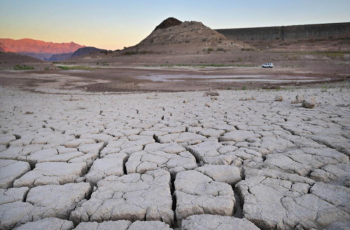
Climate impacts set to cut 2050 global GDP by nearly a fifth
2024-04-18 -
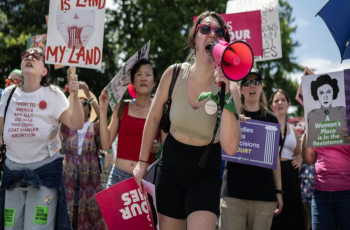
US sterilizations spiked after national right to abortion overturned: study
2024-04-13 -
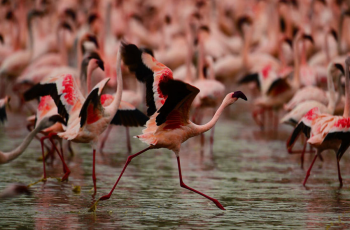
Future of Africa's flamingos threatened by rising lakes: study
2024-04-13 -
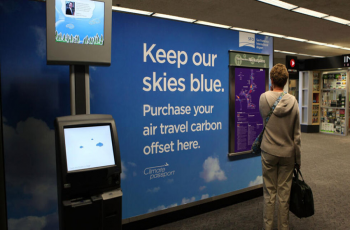
Corporate climate pledge weakened by carbon offsets move
2024-04-11
